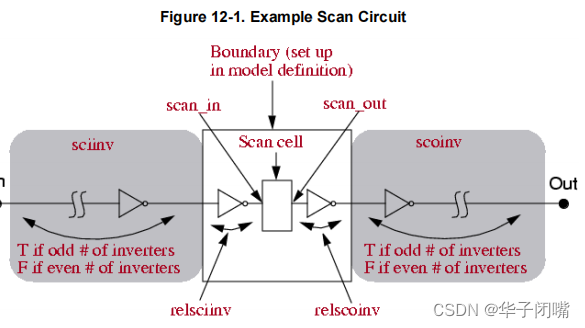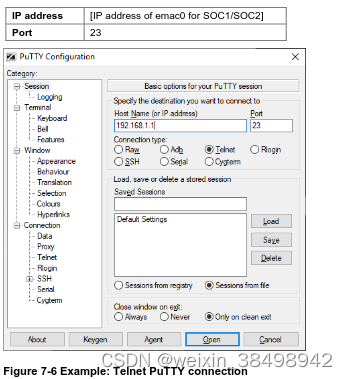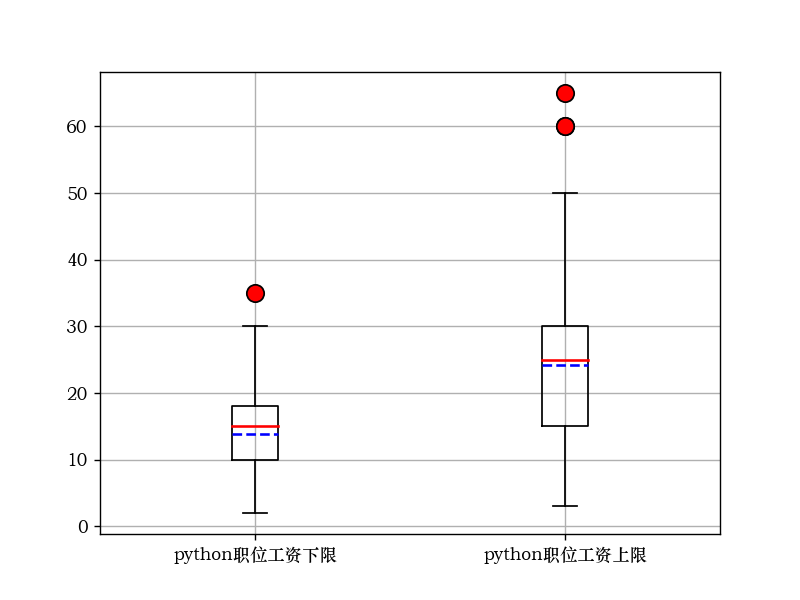中断线程化
中断处理程序包括上半部硬件中断处理程序,下半部处理机制,包括软中断、tasklet、workqueue、中断线程化。
当一个外设中断发生后,内核会执行一个函数来响应该中断,这个函数通常被称为中断处理程序或中断服务例程。
上半部硬件中断处理运行在中断上下文中,要求快速完成并且退出中断。
中断线程化是实时Linux项目开发的一个新特性,目的是降低中断处理对系统实时延迟的影响。
在LInux内核里,中断具有最高优先级,只要有中断发生,内核会暂停手头的工作转向中断处理,等到所有挂起等待的中断和软终端处理完毕后才会执行进程调度,因此这个过程会造成实时任务得不到及时处理。
中断上下文总是抢占进程上下文,中断上下文不仅是中断处理程序,还包括softirq、tasklet等,中断上下文成了优化Linux实时性的最大挑战之一。
中断线程化并不是放到普通线程中,而是放到实时线程中,采用 FIFO 的调度方式,优先级为 49
extern int __must_check
request_threaded_irq(unsigned int irq, irq_handler_t handler,
irq_handler_t thread_fn,
unsigned long flags, const char *name, void *dev);
static inline int __must_check
request_irq(unsigned int irq, irq_handler_t handler, unsigned long flags,
const char *name, void *dev)
{
return request_threaded_irq(irq, handler, NULL, flags, name, dev);
}
request_irq调用request_threaded_irq进行中断注册,只是少了一个thread_fn参数。这也是两则的区别所在,request_irq不能注册线程化中断。
irq:Linux软件中断号,不是硬件中断号。
handler:指primary handler,也即request_irq的中断处理函数handler。
thread_fn:中断线程化的处理函数。
irqflags:中断标志位,见IRQF_*解释。
devname:中断名称。
dev_id:传递给中断处理程序的参数。
handler和thread_fn分别被赋给action->handler和action->thread_fn,组合如下:
| handler | thread_fn | ||
| 1 | √ | √ | 先执行handler,然后条件执行thread_fn。 |
| 2 | √ | × | 等同于request_irq() |
| 3 | × | √ | handler=irq_default_primary_handler |
| 4 | × | × | 返回-EINVAL |
int request_threaded_irq(unsigned int irq, irq_handler_t handler,
irq_handler_t thread_fn, unsigned long irqflags,
const char *devname, void *dev_id)
{
struct irqaction *action;
struct irq_desc *desc;
int retval;
/*
* Sanity-check: shared interrupts must pass in a real dev-ID,
* otherwise we'll have trouble later trying to figure out
* which interrupt is which (messes up the interrupt freeing
* logic etc).
*
* Also IRQF_COND_SUSPEND only makes sense for shared interrupts and
* it cannot be set along with IRQF_NO_SUSPEND.
*/
if (((irqflags & IRQF_SHARED) && !dev_id) || //共享中断设备必须传递啊dev_id参数来区分是哪个共享外设的中断
(!(irqflags & IRQF_SHARED) && (irqflags & IRQF_COND_SUSPEND)) ||
((irqflags & IRQF_NO_SUSPEND) && (irqflags & IRQF_COND_SUSPEND)))
return -EINVAL;
desc = irq_to_desc(irq);//irq-->desc
if (!desc)
return -EINVAL;
if (!irq_settings_can_request(desc) ||
WARN_ON(irq_settings_is_per_cpu_devid(desc)))
return -EINVAL;
if (!handler) {
if (!thread_fn)
return -EINVAL;
handler = irq_default_primary_handler;//若handler空,thread_fn非空,hander赋值一个默认函数
}
action = kzalloc(sizeof(struct irqaction), GFP_KERNEL);
if (!action)
return -ENOMEM;
action->handler = handler;
action->thread_fn = thread_fn;//中断线程化赋值
action->flags = irqflags;
action->name = devname;
action->dev_id = dev_id;
chip_bus_lock(desc);
retval = __setup_irq(irq, desc, action);//最终这里
chip_bus_sync_unlock(desc);
if (retval)
kfree(action);
#ifdef CONFIG_DEBUG_SHIRQ_FIXME
if (!retval && (irqflags & IRQF_SHARED)) {
/*
* It's a shared IRQ -- the driver ought to be prepared for it
* to happen immediately, so let's make sure....
* We disable the irq to make sure that a 'real' IRQ doesn't
* run in parallel with our fake.
*/
unsigned long flags;
disable_irq(irq);
local_irq_save(flags);
handler(irq, dev_id);
local_irq_restore(flags);
enable_irq(irq);
}
#endif
return retval;
}
/*
* Internal function to register an irqaction - typically used to
* allocate special interrupts that are part of the architecture.
*/
static int
__setup_irq(unsigned int irq, struct irq_desc *desc, struct irqaction *new)
{
struct irqaction *old, **old_ptr;
unsigned long flags, thread_mask = 0;
int ret, nested, shared = 0;
cpumask_var_t mask;
if (!desc)
return -EINVAL;
if (desc->irq_data.chip == &no_irq_chip)----------------------表示没有正确初始化中断控制器,对于GICv2在gic_irq_domain_alloc()中指定chip为gic_chip。
return -ENOSYS;
if (!try_module_get(desc->owner))
return -ENODEV;
/*
* Check whether the interrupt nests into another interrupt
* thread.
*/
nested = irq_settings_is_nested_thread(desc);-----------------对于设置了_IRQ_NESTED_THREAD嵌套类型的中断描述符,必须指定thread_fn。
if (nested) {
if (!new->thread_fn) {
ret = -EINVAL;
goto out_mput;
}
/*
* Replace the primary handler which was provided from
* the driver for non nested interrupt handling by the
* dummy function which warns when called.
*/
new->handler = irq_nested_primary_handler;
} else {
if (irq_settings_can_thread(desc))-----------------------判断该中断是否可以被线程化,如果没有设置_IRQ_NOTHREAD表示可以被强制线程化。
irq_setup_forced_threading(new);
}
/*
* Create a handler thread when a thread function is supplied
* and the interrupt does not nest into another interrupt
* thread.
*/
if (new->thread_fn && !nested) {-----------------------------对不支持嵌套的线程化中断创建一个内核线程,实时SCHED_FIFO,优先级为50的实时线程。
struct task_struct *t;
static const struct sched_param param = {
.sched_priority = MAX_USER_RT_PRIO/2,
};
t = kthread_create(irq_thread, new, "irq/%d-%s", irq,
new->name);-----------------------------------由irq、中断号、中断名组成的中断线程名,处理函数是irq_thread()。
if (IS_ERR(t)) {
ret = PTR_ERR(t);
goto out_mput;
}
sched_setscheduler_nocheck(t, SCHED_FIFO, ¶m);
get_task_struct(t);
new->thread = t;
set_bit(IRQTF_AFFINITY, &new->thread_flags);
}
if (!alloc_cpumask_var(&mask, GFP_KERNEL)) {
ret = -ENOMEM;
goto out_thread;
}
/*
* Drivers are often written to work w/o knowledge about the
* underlying irq chip implementation, so a request for a
* threaded irq without a primary hard irq context handler
* requires the ONESHOT flag to be set. Some irq chips like
* MSI based interrupts are per se one shot safe. Check the
* chip flags, so we can avoid the unmask dance at the end of
* the threaded handler for those.
*/
if (desc->irq_data.chip->flags & IRQCHIP_ONESHOT_SAFE)----------表示该中断控制器不支持中断嵌套,所以flags去掉IRQF_ONESHOT。
new->flags &= ~IRQF_ONESHOT;
raw_spin_lock_irqsave(&desc->lock, flags);
old_ptr = &desc->action;
old = *old_ptr;
if (old) {-----------------------------------------------------old指向desc->action指向的链表,old不为空说明已经有中断添加到中断描述符irq_desc中,说明这是一个共享中断。shared=1。
...
/* add new interrupt at end of irq queue */
do {
/*
* Or all existing action->thread_mask bits,
* so we can find the next zero bit for this
* new action.
*/
thread_mask |= old->thread_mask;
old_ptr = &old->next;
old = *old_ptr;
} while (old);
shared = 1;
}
/*
* Setup the thread mask for this irqaction for ONESHOT. For
* !ONESHOT irqs the thread mask is 0 so we can avoid a
* conditional in irq_wake_thread().
*/
if (new->flags & IRQF_ONESHOT) {
/*
* Unlikely to have 32 resp 64 irqs sharing one line,
* but who knows.
*/
if (thread_mask == ~0UL) {
ret = -EBUSY;
goto out_mask;
}
new->thread_mask = 1 << ffz(thread_mask);
} else if (new->handler == irq_default_primary_handler &&---------非IRQF_ONESHOT类型中断,且handler使用默认irq_default_primary_handler(),如果中断触发类型是LEVEL,如果中断出发后不清中断容易引发中断风暴。提醒驱动开发者,没有primary handler且中断控制器不支持硬件oneshot,必须显式指定IRQF_ONESHOT表示位。
!(desc->irq_data.chip->flags & IRQCHIP_ONESHOT_SAFE)) {
pr_err("Threaded irq requested with handler=NULL and !ONESHOT for irq %d\n",
irq);
ret = -EINVAL;
goto out_mask;
}
if (!shared) {-------------------------------------------------非共享中断情况
ret = irq_request_resources(desc);
if (ret) {
pr_err("Failed to request resources for %s (irq %d) on irqchip %s\n",
new->name, irq, desc->irq_data.chip->name);
goto out_mask;
}
init_waitqueue_head(&desc->wait_for_threads);
/* Setup the type (level, edge polarity) if configured: */
if (new->flags & IRQF_TRIGGER_MASK) {
ret = __irq_set_trigger(desc, irq,-------------------调用gic_chip->irq_set_type设置中断触发类型。
new->flags & IRQF_TRIGGER_MASK);
if (ret)
goto out_mask;
}
desc->istate &= ~(IRQS_AUTODETECT | IRQS_SPURIOUS_DISABLED | \
IRQS_ONESHOT | IRQS_WAITING);
irqd_clear(&desc->irq_data, IRQD_IRQ_INPROGRESS);---------清IRQD_IRQ_INPROGRESS标志位
if (new->flags & IRQF_PERCPU) {
irqd_set(&desc->irq_data, IRQD_PER_CPU);
irq_settings_set_per_cpu(desc);
}
if (new->flags & IRQF_ONESHOT)
desc->istate |= IRQS_ONESHOT;
if (irq_settings_can_autoenable(desc))
irq_startup(desc, true);
else
/* Undo nested disables: */
desc->depth = 1;
/* Exclude IRQ from balancing if requested */
if (new->flags & IRQF_NOBALANCING) {
irq_settings_set_no_balancing(desc);
irqd_set(&desc->irq_data, IRQD_NO_BALANCING);
}
/* Set default affinity mask once everything is setup */
setup_affinity(irq, desc, mask);
} else if (new->flags & IRQF_TRIGGER_MASK) {
..
}
new->irq = irq;
*old_ptr = new;
irq_pm_install_action(desc, new);
/* Reset broken irq detection when installing new handler */
desc->irq_count = 0;
desc->irqs_unhandled = 0;
/*
* Check whether we disabled the irq via the spurious handler
* before. Reenable it and give it another chance.
*/
if (shared && (desc->istate & IRQS_SPURIOUS_DISABLED)) {
desc->istate &= ~IRQS_SPURIOUS_DISABLED;
__enable_irq(desc, irq);
}
raw_spin_unlock_irqrestore(&desc->lock, flags);
/*
* Strictly no need to wake it up, but hung_task complains
* when no hard interrupt wakes the thread up.
*/
if (new->thread)
wake_up_process(new->thread);------------------------------如果该中断被线程化,那么就唤醒该内核线程。这里每个中断对应一个线程。
register_irq_proc(irq, desc);----------------------------------创建/proc/irq/xxx/目录及其节点。
new->dir = NULL;
register_handler_proc(irq, new);-------------------------------以action->name创建目录
free_cpumask_var(mask);
return 0;
...
}中断线程什么时候触发执行,在中断上半部硬中断处理完后,如果上半部返回了IRQ_WAKE_THREAD则调用__irq_wake_thread。
以常用spi 中断为例,spi,lpi中断handle_fasteoi_irq。
irqreturn_t
handle_irq_event_percpu(struct irq_desc *desc, struct irqaction *action)
{
irqreturn_t retval = IRQ_NONE;
unsigned int flags = 0, irq = desc->irq_data.irq;
do {
irqreturn_t res;
trace_irq_handler_entry(irq, action);
res = action->handler(irq, action->dev_id);//执行struct irqaction的handler函数
trace_irq_handler_exit(irq, action, res);
if (WARN_ONCE(!irqs_disabled(),"irq %u handler %pF enabled interrupts\n",
irq, action->handler))
local_irq_disable();
switch (res) {
case IRQ_WAKE_THREAD://上半部返回这个的话,一般是使用 request_threaded_irq
/*
* Catch drivers which return WAKE_THREAD but
* did not set up a thread function
*/
if (unlikely(!action->thread_fn)) {
warn_no_thread(irq, action);//若没有设置thread_fn,打印
break;
}
__irq_wake_thread(desc, action);//中断线程化 唤醒
/* Fall through to add to randomness */
case IRQ_HANDLED:
flags |= action->flags;//已经处理完毕,可以结束
break;
default:
break;
}
retval |= res;
action = action->next;
} while (action);
add_interrupt_randomness(irq, flags);
if (!noirqdebug)
note_interrupt(irq, desc, retval);
return retval;
}
void __irq_wake_thread(struct irq_desc *desc, struct irqaction *action)
{
/*
* In case the thread crashed and was killed we just pretend that
* we handled the interrupt. The hardirq handler has disabled the
* device interrupt, so no irq storm is lurking.
*/
if (action->thread->flags & PF_EXITING)
return;
/*
* Wake up the handler thread for this action. If the
* RUNTHREAD bit is already set, nothing to do.
*/
if (test_and_set_bit(IRQTF_RUNTHREAD, &action->thread_flags))//若已经对IRQF_RUNTHREAD置位,表示已经处于唤醒中,该函数直接返回
return;
desc->threads_oneshot |= action->thread_mask;
*/
atomic_inc(&desc->threads_active);//活跃中断线程计数
wake_up_process(action->thread);//唤醒action的thread内核线程
}/*
* Interrupt handler thread
*/
static int irq_thread(void *data)//创建后就执行了,会在while中睡眠
{
struct callback_head on_exit_work;
struct irqaction *action = data;
struct irq_desc *desc = irq_to_desc(action->irq);
irqreturn_t (*handler_fn)(struct irq_desc *desc,
struct irqaction *action);
if (force_irqthreads && test_bit(IRQTF_FORCED_THREAD,
&action->thread_flags))
handler_fn = irq_forced_thread_fn;
else
handler_fn = irq_thread_fn;//函数指针
init_task_work(&on_exit_work, irq_thread_dtor);、//task work
task_work_add(current, &on_exit_work, false);
irq_thread_check_affinity(desc, action);
while (!irq_wait_for_interrupt(action)) {
irqreturn_t action_ret;
irq_thread_check_affinity(desc, action);
action_ret = handler_fn(desc, action);//唤醒之后执行irq_thread_fn
if (action_ret == IRQ_HANDLED)
atomic_inc(&desc->threads_handled);
wake_threads_waitq(desc);//中断线程执行完了,所以唤醒等待队列头上的进程
}
/*
* This is the regular exit path. __free_irq() is stopping the
* thread via kthread_stop() after calling
* synchronize_irq(). So neither IRQTF_RUNTHREAD nor the
* oneshot mask bit can be set. We cannot verify that as we
* cannot touch the oneshot mask at this point anymore as
* __setup_irq() might have given out currents thread_mask
* again.
*/
task_work_cancel(current, irq_thread_dtor);
return 0;
}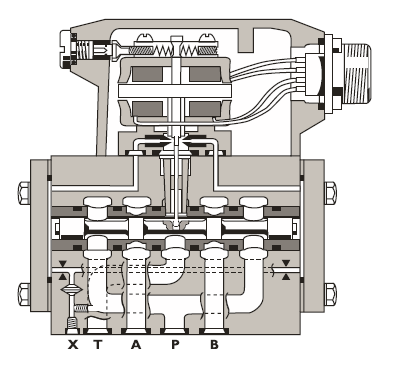


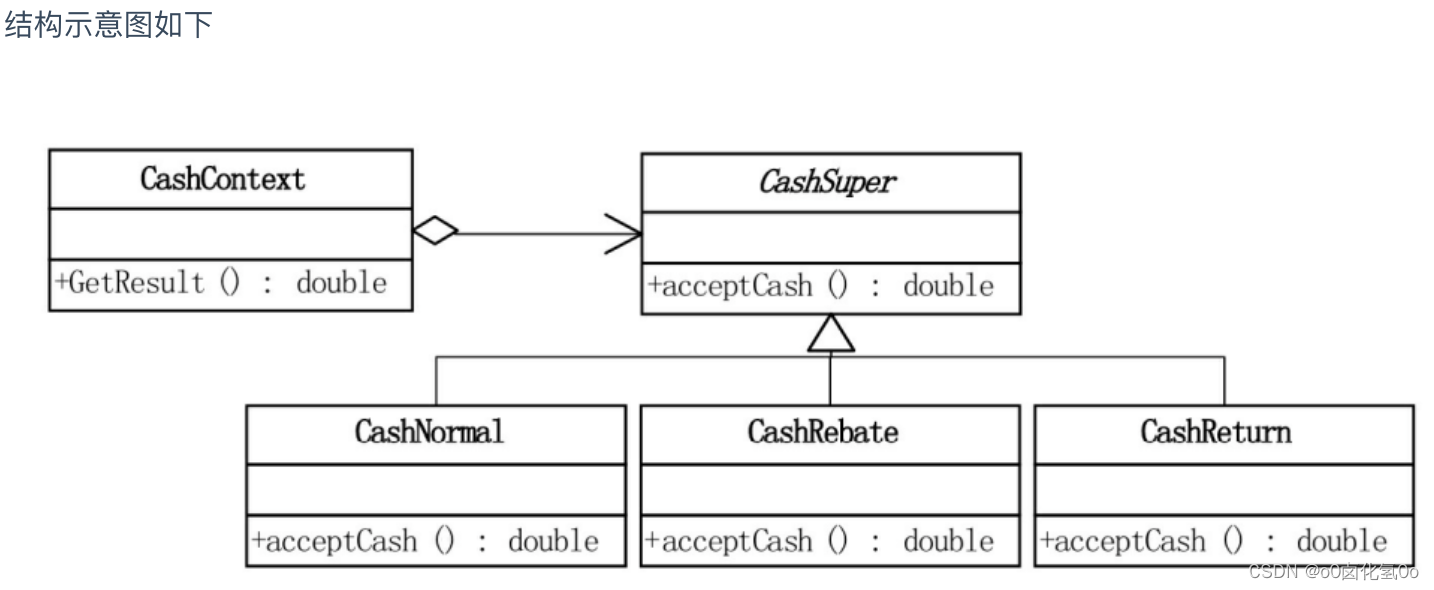
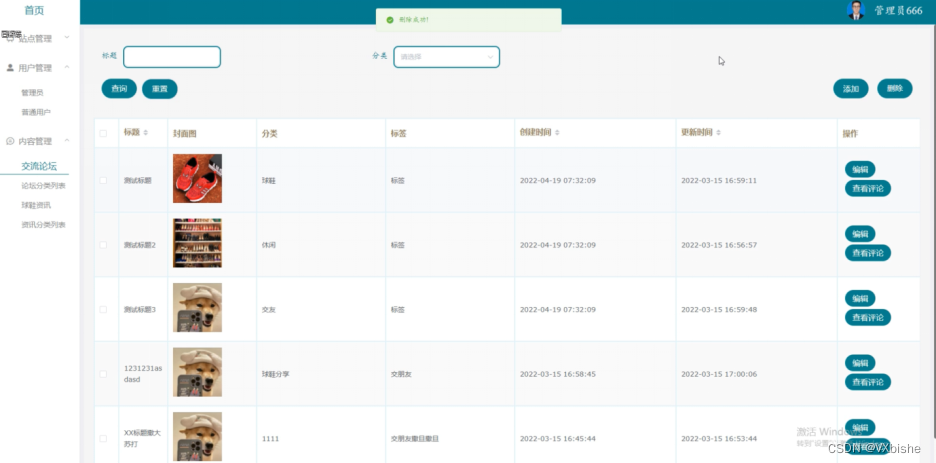
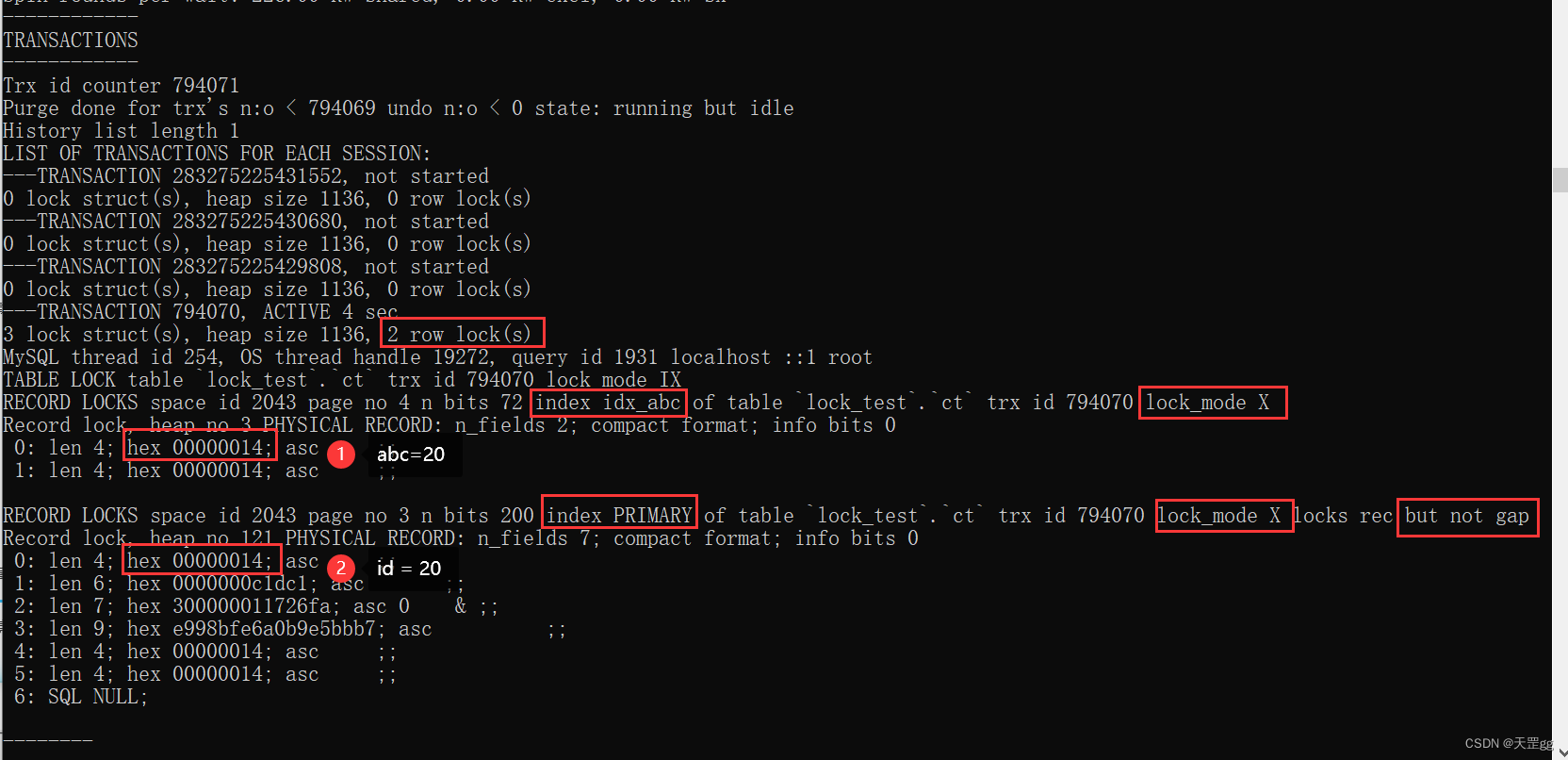




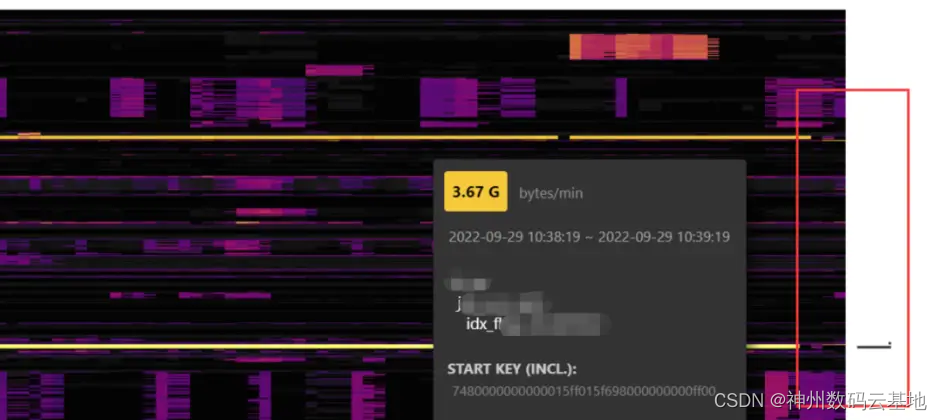

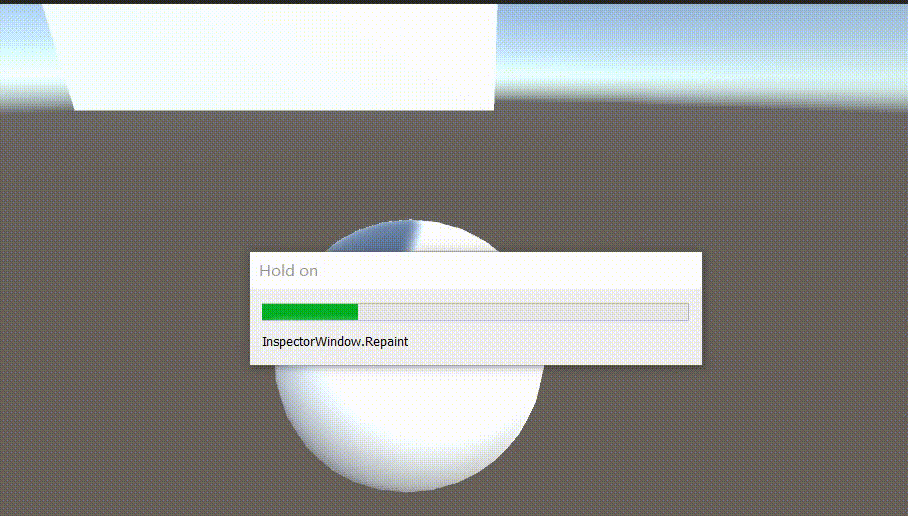
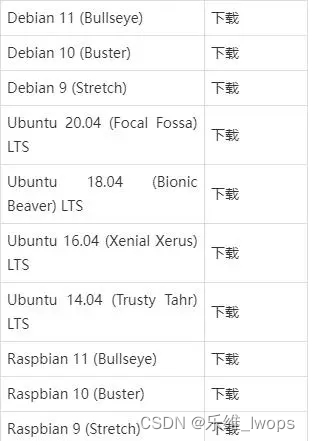

![[附源码]Python计算机毕业设计SSM基于Java的运动健身平台(程序+LW)](https://img-blog.csdnimg.cn/380bd1fe78784cf5b6d50e82edbe675d.png)
